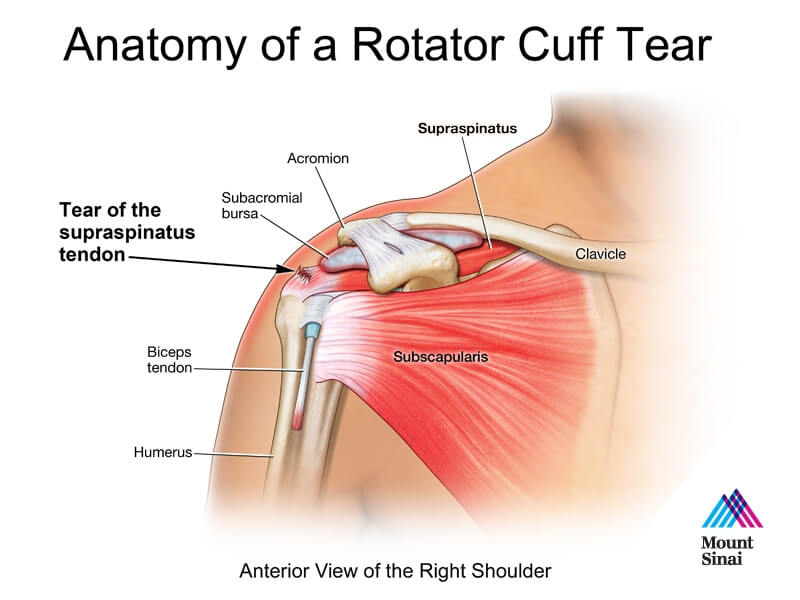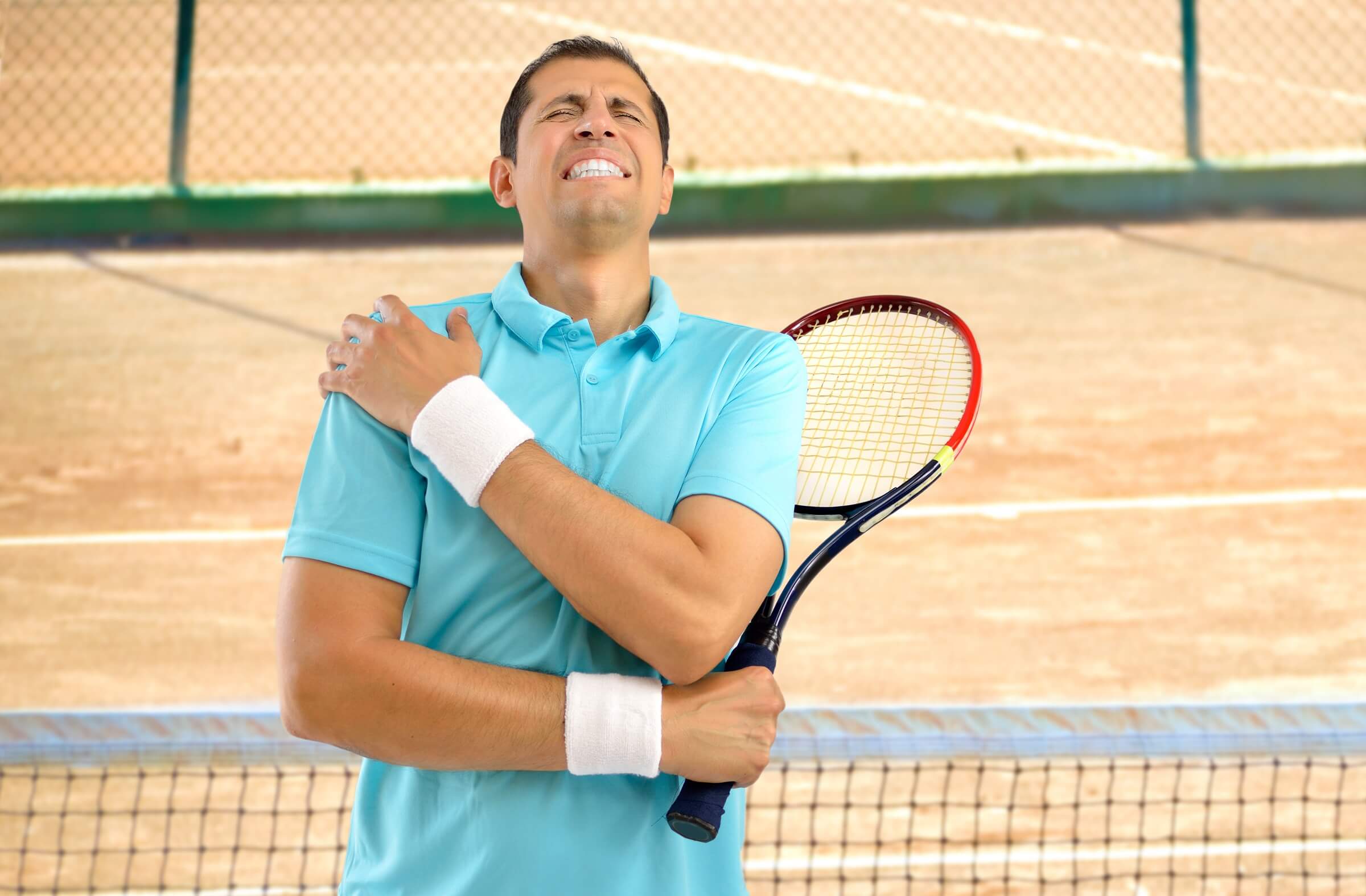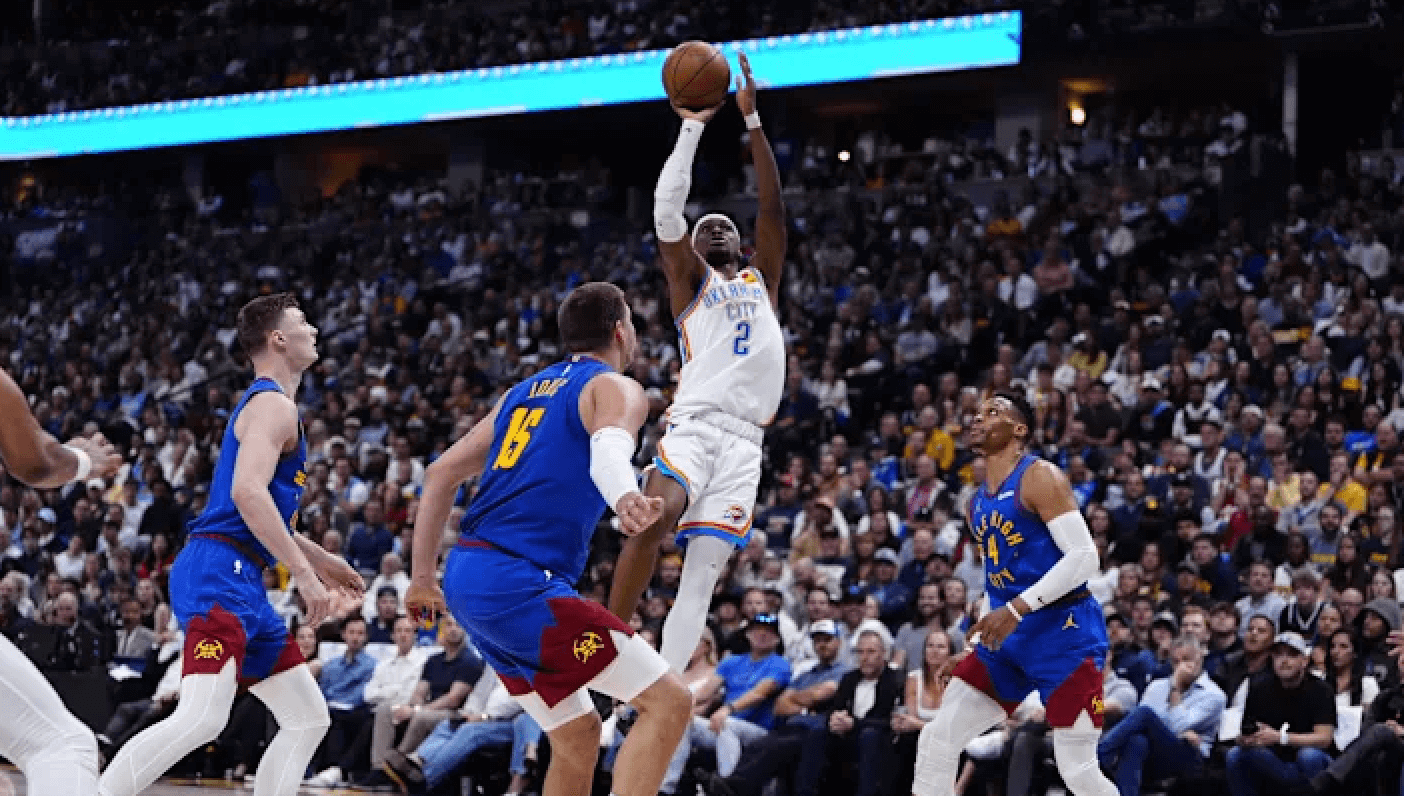Whether you work a physically demanding job, are an athlete, or simply exercise recreationally, you may be at risk for experiencing a rotator cuff tear. This injury can occur due to a traumatic incident or by overusing these shoulder muscles.
What is a Rotator Cuff Tear?
The rotator cuff is a group of muscles in the shoulder that allow the humerus to rotate and elevate. They span across the joint and provide stability by approximating the head of the humerus to the glenoid of the shoulder blade. Essentially, these muscles support the ball and socket structure of the shoulder joint. With repetitive rotation and elevation of the arm, such as with baseball pitching or working overhead, these muscles can be highly stressed and a tear can occur. These tears can vary in severity which will determine the course of treatment needed for rehabilitation.
Rotator Cuff Recovery
A rotator cuff tear can cause shoulder pain, limited motion, and instability of the joint. For minor tears, surgery may not be necessary. However, for more severe tears, a rotator cuff repair may be warranted. Following a surgical repair, surgeons will often issue a protocol for rehabilitation as well as precautions that should be followed to protect the repair. Regardless of the severity, physical therapy can help facilitate the recovery process to ensure proper function of the shoulder and prevent long term limitations.

In the initial stages of recovery, a physical therapist will help to restore range of motion and manage pain. Active, active assisted, or passive range of motion exercises will typically be prescribed to achieve normal shoulder motion. Pain management strategies such as icing, electrical stimulation, and proper positioning are also used early in the recovery process.
Once the pain diminishes and the range of motion returns, strengthening exercises are introduced. A physical therapist will prescribe specific exercises to appropriately challenge the damaged muscles. Initially, these will typically consist of elevation, internal rotation, and external rotation of the shoulder. Postural exercises are also frequently used to limit any compensatory movements and reduce stress through the recovering tissues.
As the strength improves, the exercises will be progressed to more functional based exercises that aim to mimic the motions needed to achieve each patient’s specific goals. These exercises are then progressed in intensity until the patient demonstrates appropriate function to return to their favorite activities.
If you have experienced a shoulder injury and suspect a rotator cuff injury, or you have undergone a rotator cuff repair, physical therapy can help you recover. Call Respire Physical Therapy at 703-671-1871 or click here to schedule an appointment with one of our Physical Therapists today.
Tags: painfreeliving, Shoulder Injury, movementfreedom, physical therapist, rotator cuff repair sugery, choosept, arlingtonva, alexandriava, Physical Therapy, fallschurchva, Respire Physical Therapy, ptworks, Rotator Cuff



